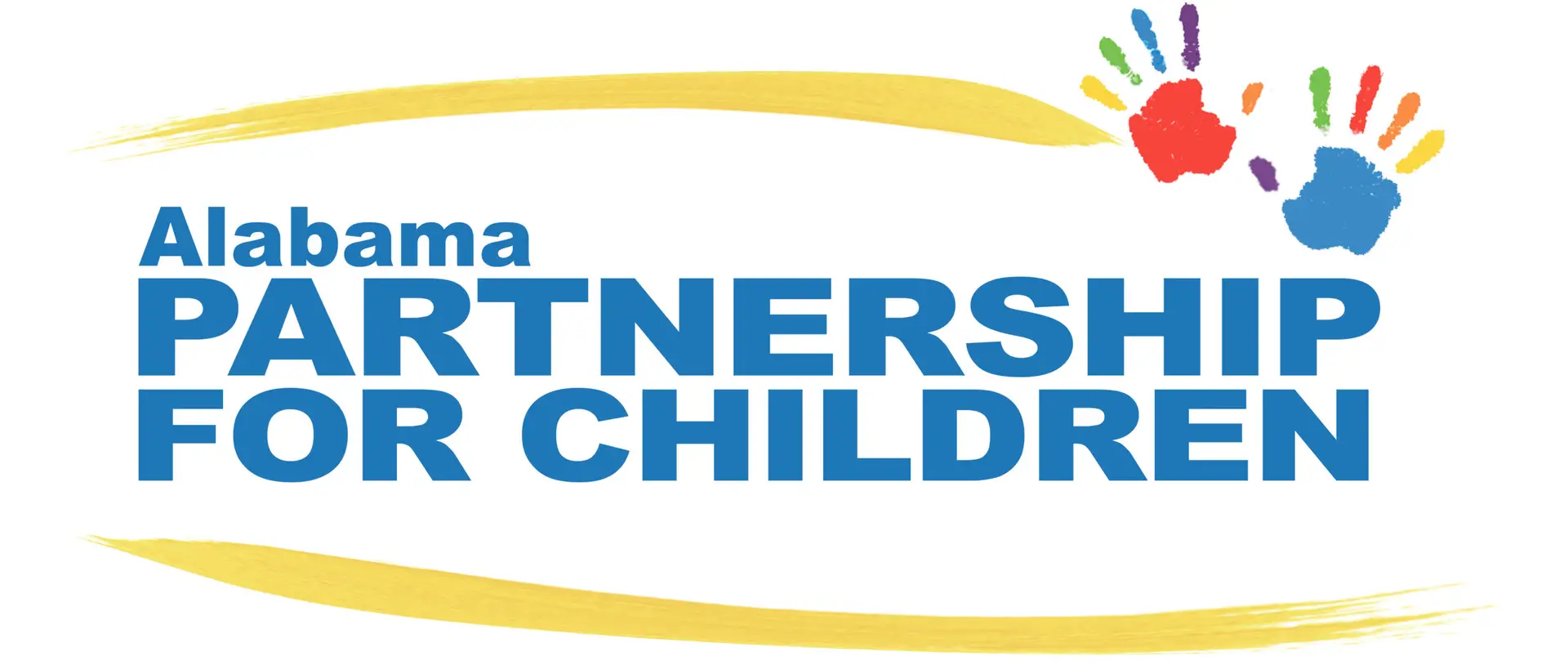APC has compiled resources surrounding a FOCUS (Focus On Children Under Six) topic for all organizations that request the information for distribution in local communities. It is our hope that the FOCUS resources will provide more attention to birth-to-five topics statewide.
Young children don’t have a voice in public policy, so we must all work together to ensure Alabama’s children are healthy, protected, nurtured, and offered every opportunity to succeed in life.
The first few years of life are a time of critical brain development. In fact, 90% of brain development occurs by the age of five.
Research shows that parents and caregivers who have support from family, friends, and their community are more likely to provide safe and healthy homes for their children. Parents lacking support may be more likely to make poor decisions that can lead to neglect and abuse of a child.
A child’s first five years include a journey full of developmental milestones for how he or she plays, learns, speaks, and acts. Paying attention to these important developmental milestones can help identify concerns and signs of a developmental delay as early as possible, which allows optimal time for early interventions.
It is much easier and more cost-effective to invest in the development of a healthy, productive child from birth than it is to remediate a troubled child. Children may be in our hands today, but our future is in theirs tomorrow. Know the facts when it comes to investing in early childhood!
Early literacy skills, which are the foundation for reading ability and school readiness, are the product of language exposure from parents and other adults who talk to young children. Reading aloud to young children is not only important for stimulating their language and cognitive skills; it also builds motivation, curiosity, and memory.
Young children need a healthy, strong start in life. Promoting healthy habits and good nutrition during the first few years provide the essential building blocks for brain development, healthy growth, and a strong immune system.
Infant-early childhood mental health (I-ECMH) is the developing social-emotional capacities in children birth through 5 years of age, and includes their ability to form close relationships, manage and express emotions, and explore the environment and learn.
From birth, children depend on those in the parenting role to care for them and to promote their overall well-being. At the same time, parents need information and tools to support them in their parenting role to support their child’s healthy development.
Play is essential for children’s optimal development and learning. Through play, children use what they already know to help them discover and learn about new things, see how things work, and master critical skills.
Child development specialists have produced extensive research showing that quality early care and education has a tremendous impact on a child’s intellectual, social, and emotional development. A child’s early years are a time of fast brain growth that set the stage for lifelong learning.
Young children are constantly acquiring new skills and knowledge, but caregivers who are aware of what children can do and how they can get hurt can help better protect them.
Parents are children’s first and most important teachers, and they help set the tone for school success. With the support of parents and caregivers, young children acquire the social and emotional skills, knowledge, and attitudes necessary for a successful start in school and life.
Starting from birth, loving and nurturing relationships teach young children how to form friendships, communicate emotions, and cope with challenges. Caregivers can provide them with security and confidence as they develop social-emotional skills.

Contact Us Today!
Phone: (334) 271-0304
Toll-free: 1-866-711-4025 (For Zero to Five)
Fax: (334) 356-8230














